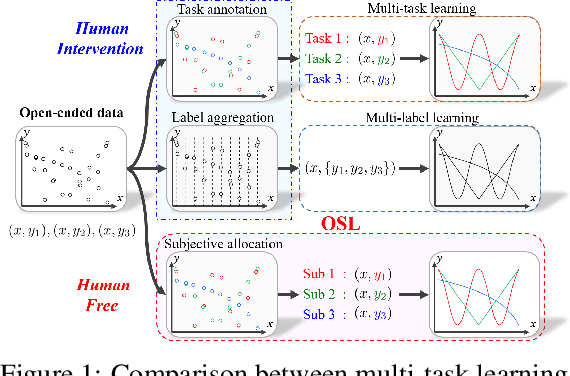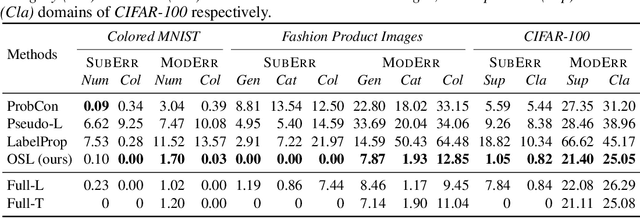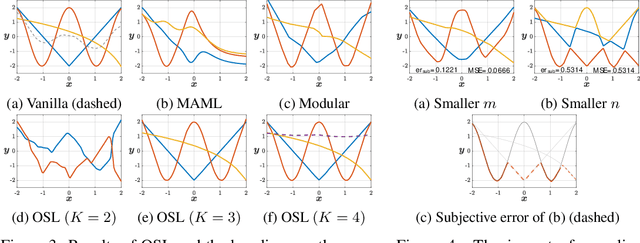Subjective Learning for Open-Ended Data
Paper and Code
Aug 27, 2021



Conventional machine learning methods typically assume that data is split according to tasks, and the data in each task can be modeled by a single target function. However, this assumption is invalid in open-ended environments where no manual task definition is available. In this paper, we present a novel supervised learning paradigm of learning from open-ended data. Open-ended data inherently requires multiple single-valued deterministic mapping functions to capture all its input-output relations, exhibiting an essential structural difference from conventional supervised data. We formally expound this structural property with a novel concept termed as mapping rank, and show that open-ended data poses a fundamental difficulty for conventional supervised learning, since different data samples may conflict with each other if the mapping rank of data is larger than one. To address this issue, we devise an Open-ended Supervised Learning (OSL) framework, of which the key innovation is a subjective function that automatically allocates the data among multiple candidate models to resolve the conflict, developing a natural cognition hierarchy. We demonstrate the efficacy of OSL both theoretically and empirically, and show that OSL achieves human-like task cognition without task-level supervision.
 Add to Chrome
Add to Chrome Add to Firefox
Add to Firefox Add to Edge
Add to Edge